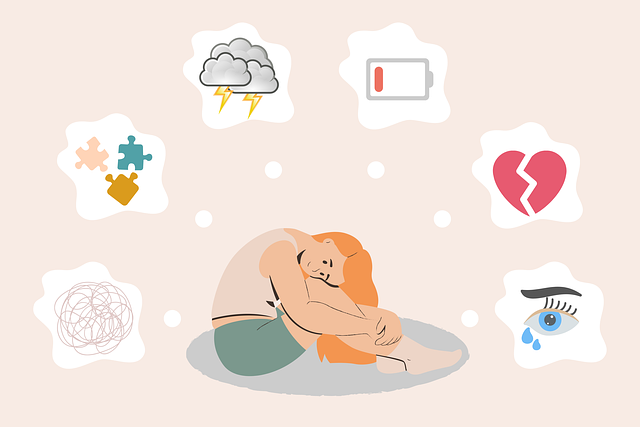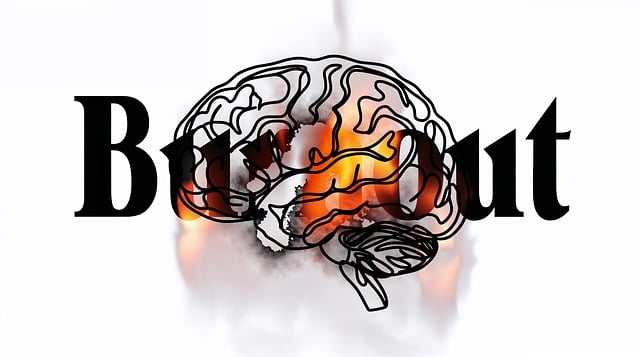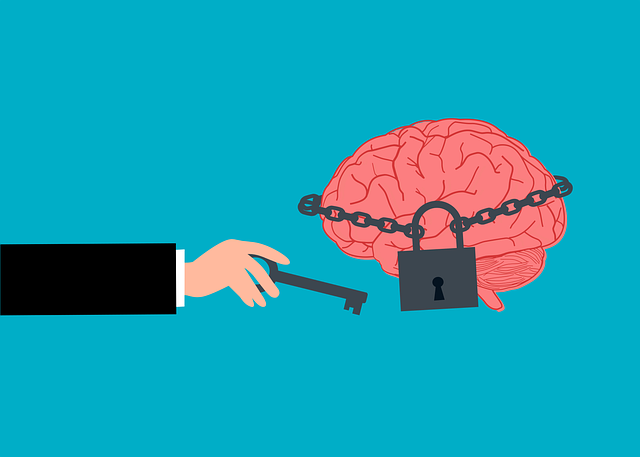Denver Veterans Therapy is a specialized crisis hotline and support system for military veterans facing mental health challenges upon transitioning to civilian life. Their 24/7 services offer immediate assistance, tailored empathy, and risk management planning in confidential, non-judgmental spaces, encouraging ongoing treatment. Beyond individual therapy, they produce educational content and foster community resilience through peer connections. As a game-changer, Denver Veterans Therapy destigmatizes mental health conversations while providing accessible resources to support veterans' long-term mental wellness.
In today’s fast-paced world, mental health crises can strike unexpectedly. Luckily, crisis hotline support services provide vital assistance, offering immediate help and guidance. This article explores the critical role of these resources, focusing on Denver Veterans Therapy, a specialized service catering to veterans’ unique needs. We’ll delve into their operations, impact, challenges, and future prospects, while also guiding readers on accessing crisis support. Understanding the need for such hotlines is key in fostering healthier communities.
- Understanding the Need for Crisis Hotlines
- Denver Veterans Therapy: A Focus on Veteran Support
- How These Services Operate and Their Impact
- Common Challenges and Future Directions
- Accessing Help: A Guide for Those in Crisis
Understanding the Need for Crisis Hotlines

In today’s fast-paced world, mental health crises can strike anyone, anywhere. This is where crisis hotline support services play a pivotal role in offering immediate assistance and guidance to individuals grappling with emotional distress, suicidal thoughts, or severe anxiety. For Denver Veterans Therapy, understanding the unique needs of this demographic is crucial. Many veterans face challenges transitioning from military to civilian life, leading to heightened stress, PTSD, and other mental health issues.
Crisis hotlines provide a safe space for veterans (and everyone) to communicate openly about their struggles. Using effective communication strategies, trained professionals offer empathy, active listening, and risk management planning tailored to individual needs. Building empathy is an essential skill for these support services, allowing professionals to connect with individuals on a deeper level, fostering trust and encouraging them to seek ongoing treatment when needed.
Denver Veterans Therapy: A Focus on Veteran Support

Denver Veterans Therapy stands as a beacon of support specifically tailored for veterans navigating mental health challenges. This dedicated organization recognizes the unique trauma and transition issues faced by military service members, offering specialized services to address their psychological needs. Their approach integrates therapeutic interventions with an understanding of military culture, ensuring veterans feel heard and supported in a safe environment.
Beyond individual therapy sessions, Denver Veterans Therapy contributes to the broader mental wellness community through its Mental Wellness Podcast Series Production. This initiative provides a platform for sharing valuable insights on coping skills development, fostering open dialogue about mental health topics relevant to veterans, and promoting strategies for maintaining resilience. Their efforts underscore the importance of accessible resources in supporting the mental wellness of our nation’s veterans.
How These Services Operate and Their Impact

Mental health crisis hotline support services operate as a vital safety net for individuals facing acute emotional distress or mental health emergencies. These services typically offer 24/7 access, allowing anyone in need to connect with trained professionals who can provide immediate assistance and guidance. Denver Veterans Therapy, for example, is dedicated to supporting veterans and active-duty service members, offering specialized crisis intervention tailored to their unique challenges.
The impact of these hotlines is profound. They not only provide immediate relief through active listening and practical advice but also serve as a gateway to longer-term support. Many hotline calls lead to referrals for depression prevention programs or anxiety relief strategies, fostering mental health awareness and resilience. By offering confidential, non-judgmental spaces, these services encourage open conversations about mental well-being, helping to destigmatize discussions around sensitive topics.
Common Challenges and Future Directions

Despite significant strides in mental health awareness and access to resources, various challenges persist in ensuring effective support for those in crisis. One notable issue is the persistent stigma surrounding mental illness, which often prevents individuals from seeking help or disclosing their struggles openly. This can be particularly acute for vulnerable populations such as veterans, who may face additional barriers like isolation and a lack of understanding within their communities.
Looking ahead, the future of mental health crisis hotline support services lies in integrating innovative strategies to overcome these challenges. Enhancing access through digital platforms, such as online therapy and mental wellness podcast series production, can reach broader audiences. Additionally, focusing on empathy-building techniques for both therapists and callers, as well as implementing robust risk management planning for mental health professionals, will contribute to a more inclusive and safe support environment. Services like Denver Veterans Therapy play a crucial role in navigating these complexities and fostering a culture of care and understanding.
Accessing Help: A Guide for Those in Crisis

In a mental health crisis, accessing help can feel overwhelming, but resources are readily available to support individuals in Denver. Start by contacting a hotline service specifically designed for crisis intervention, such as Denver Veterans Therapy, which offers 24/7 support tailored to military veterans’ unique needs. Their trained professionals provide immediate assistance and guidance, ensuring individuals receive the right care.
For broader community access, local organizations often run outreach programs and mental health education initiatives. These programs aim to improve self-esteem and resilience, empowering individuals to seek help during crises. Through these services, you can connect with peers, learn coping strategies, and discover long-term support networks within your community.
In light of the growing recognition of mental health crises, services like Denver Veterans Therapy play a pivotal role in providing much-needed support. These crisis hotline support services not only offer immediate assistance but also contribute significantly to long-term recovery. As we’ve explored, understanding the need for these hotlines is crucial, and addressing common challenges will ensure their effectiveness moving forward. By increasing accessibility through guides like Accessing Help, we can empower individuals in crisis to find the support they deserve, ultimately fostering a healthier and more resilient community.









